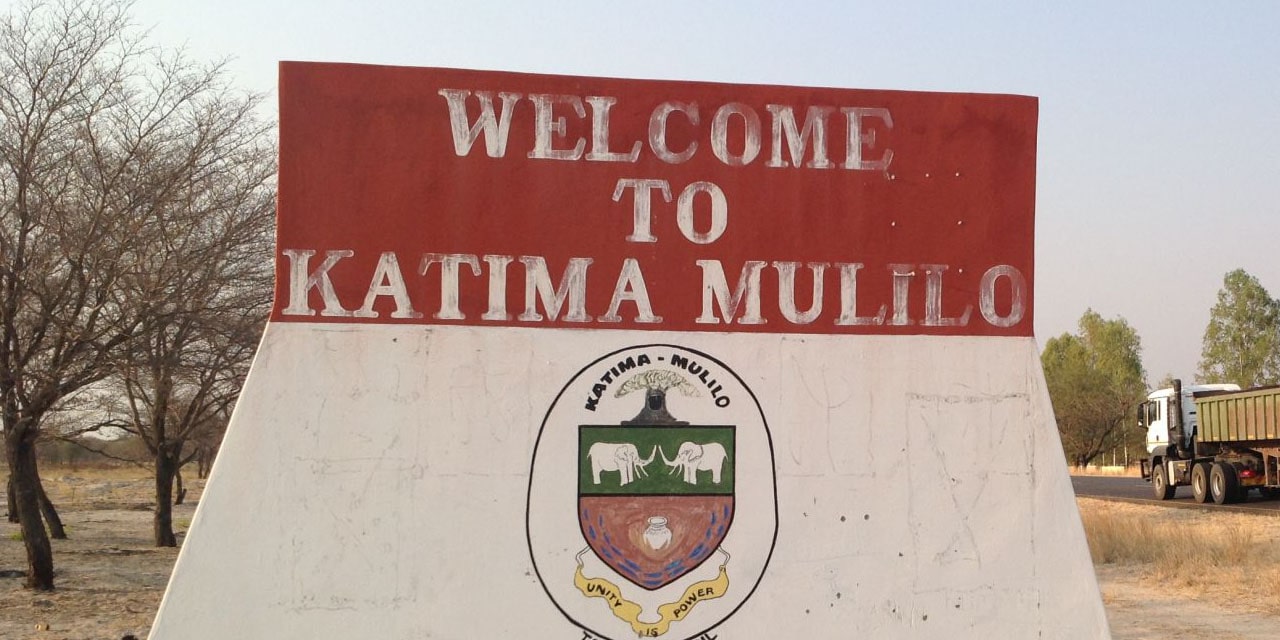Renthia Kaimbi
The Green Valley housing development project in Katima Mulilo is under investigation following claims that 76 hectares of land were acquired for free. The investigation also involves allegations of unpaid water use and unauthorised sand mining during construction.
Sources within the Katima Mulilo Town Council allege that the developer, Kayunyi Investment CC, received the land at no cost and used town water worth about N$500 000 without payment.
They also claimed that the company mined sand valued between N$2 000 and N$10 000 per house during the construction of more than 100 homes without proper authorisation.
These allegations have sparked calls for transparency, with insiders saying the transaction lacks a paper trail.
“There are no documents to support how the land was allocated. This raises serious concerns about accountability,” said one council insider who requested anonymity.
Minister of Urban and rural development James Sankwasa, when approached by the Windhoek Observer this week, referred all questions about the matter to the town council’s administrator, Marina Kandumbu.
When contacted, Kandumbu neither confirmed nor denied the existence of an investigation.
She said she could only respond after consulting the council’s chief executive officer, Raphael Liswaniso and the property developer.
“I will be able to comment when I obtain all the relevant documentation and information from both parties,” Kandumbu told the Windhoek Observer.
Liswaniso, however, distanced himself from the issue, saying he was unaware of the allegations.
“As far as I’m certain, I have no clue what you are talking about because I’m hearing that for the first time also. Talk to the administrator. It will definitely be a good thing to do,” he said.
Documents seen by the Windhoek Observer suggest the land was transferred under a Public Private Partnership (PPP) between the Katima Mulilo Town Council and Kayunyi Investment CC.
The company’s managing director, Richwell Lukonga, denied all allegations and presented paperwork he said proves the partnership’s legitimacy.
According to Lukonga, the council formally appointed Kayunyi Investment CC in a letter dated 6 May 2015 to plan, survey, and service the Green Valley area. He also shared a 2017 addendum showing that the council resolved to “donate” the land to the company after forfeiting its 30% profit share.
He said the decision was meant to speed up housing delivery and save the council from legal costs related to evicting illegal occupants.
“The partnership was structured to benefit the community by addressing housing shortages. Every step was documented and approved by council,” Lukonga said.
Lukonga said he was confident the process was lawful.
“I am waiting for the finalisation of the investigation. If they feel there was anything dubious, they can take me to court. I responded to an advert (expression of interest). I didn’t know it was going to get this big,” he said.
The Ministry of Urban and Rural Development has been alerted, and sources say an investigation is underway to determine if the land transfer complied with the Local Authorities Act of 1992.
The controversy comes amid other land disputes in Katima Mulilo, including the alleged land-for-vehicles scandal involving the town council.
At the time, Sankwasa stated that bartering state land for assets was illegal.
The Green Valley project was launched to ease housing shortages in Katima Mulilo, where overcrowded informal settlements remain a challenge.
Green Valley recently announced plans to develop a Green Valley Lifestyle Mall at the township.




